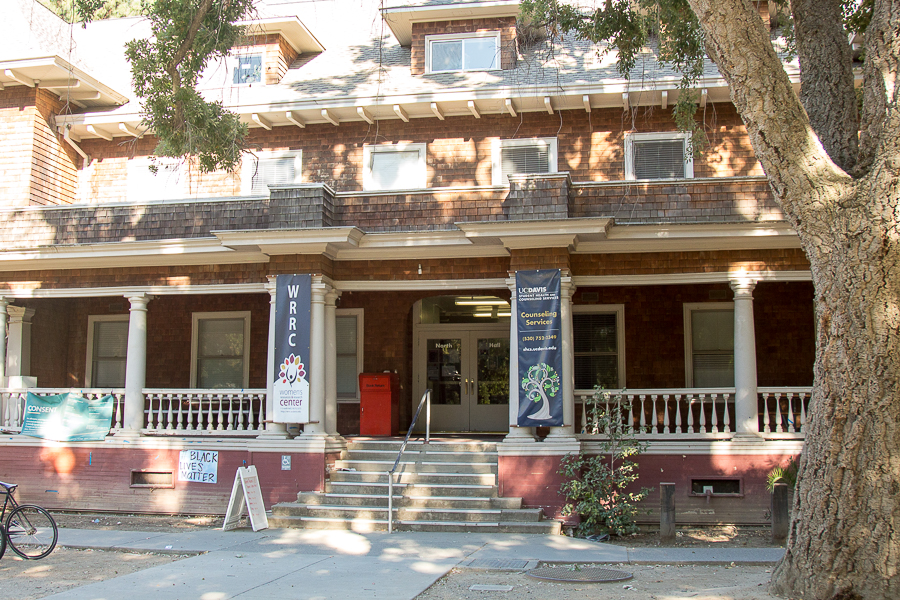
Stereotypes place undue pressure on minority groups
Suicidal thoughts are higher among Asian American college students than Caucasian students, said a report from the American Psychological Association. According to findings by the University of Washington, Asian American women born in the U.S. are more likely to contemplate and attempt suicide than any other ethnic group.
These numbers don’t make headlines. Instead, Asian Americans are consistently featured as the “model minority” in media and popular culture. This doesn’t seem overtly harmful, but that’s only if you don’t consider the implications of this stereotype on Asian Americans and their mental health.
When Asian Americans are stereotyped this way, they are held to extremely high standards: to be intelligent, excel in school and persevere without failure. This isn’t a stereotype reserved for the film and television industry. It is an actual belief people hold about Asian Americans.
This paints them as hard-wired, emotionless individuals who don’t have concerns outside of academic and financial success. What others don’t understand is that the pressure these stereotypes place on people can increase depression and anxiety.
Perhaps even more troubling, this model minority stereotype prevents Asian Americans from getting help for mental illnesses because they are automatically assumed not to have any problems. By promoting silence, we are dismissing a reality that many Asian Americans are living. Stereotypes dehumanize Asian Americans and strip them of their capacity to feel and express emotions.
For most Asian Americans, academic success is a priority; that isn’t false. The Pew Research Center reported that 49 percent of Asian Americans ages 25 and up have at least a bachelor’s degree, compared to 28 percent of the U.S. population. While this supports the “model minority” stereotype, it certainly doesn’t paint a full picture of why the stereotype persists.
Contrary to popular belief, Asians are not innately more intelligent. Rather, work ethic and the importance placed on education stem from cultural values that reflect a long, arduous history of lower and working-class Asians who immigrated to America for a better education and life.
These values are imbedded so deeply within Asian American culture that it affects not only the pressure individuals feel, but also how they respond to mental health issues.
Unfortunately, Asian American culture, which values privacy, doesn’t encourage individuals to speak up about mental illness. Often, when an individual has a mental illness, it isn’t even brought up even in the family. Instead it’s kept private, partly because of the shame associated with mental illness.
Because most Asian Americans don’t consider mental health problems valid illnesses, when an individual does have one, it isn’t seen as legitimate, and it isn’t held to the same level of seriousness as physical sickness.
To some extent, even physical well-being comes second to education in Asian culture.
This goes back to the fact that most Asian Americans and Americans don’t have a good understanding of mental illness. To most people, depression, despite being a disorder, seems no different from sadness.
Depression isn’t a temporary mood to “get over.” It’s persistent and impairs an individual from going about their normal routines. It is a legitimate illness, and it shouldn’t be dismissed.
When nearly an entire community refuses to acknowledge or discuss depression, this only contributes to the shame and ignorance surrounding mental health. Furthermore, doctors and counselors can’t treat and reach out to to a group if they don’t recognize what prevents them from seeking help in the first place.
Ignoring this issue and allowing the model minority stereotype to persist is detrimental to all groups, especially other minorities.
Other minority groups who don’t achieve the same level of academic or financial success are being held up to unrealistic standards. Culturally, not all groups have the same values, and it’s ridiculous to use one group’s supposed success as a standard without understanding the cultural and social factors and the detrimental consequences of that success.
Written by: Jeanette Yue –– jyyue@ucdavis.edu


